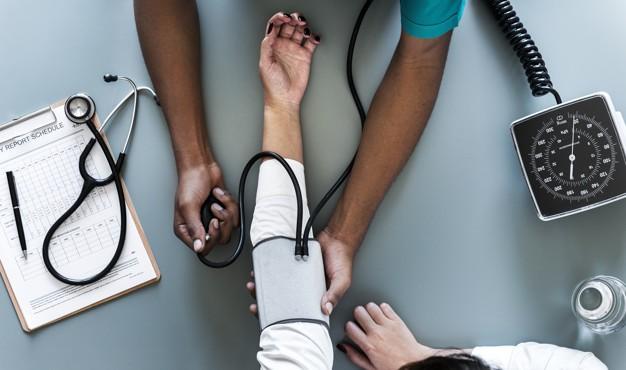The Government of Sweden gave $4.4 million to the United Nations Children’s Fund (UNICEF) to support Uganda’s COVID-19 response and efforts towards the continued delivery of essential health services for pregnant and breastfeeding women, young children, newborns and adolescents.
UNICEF and its partners have continued to help Uganda in controlling, containing and mitigating the impact of COVID-19 pandemic. The organization is mostly focused on strengthening access to essential services like health care.
Due to restrictions on movement and fears of contracting the virus, many women and children have missed out on much-needed health care, including newborn and maternal care, HIV medications, vaccinations and nutrition services, exposing them to heightened danger.
Also Read:Redefining the health system in Africa after the pandemic
“Few things could be more important right now than supporting people’s health. It is extremely important that antenatal, delivery, and postnatal services, along with different levels of emergency care – especially for pregnant women and premature or sick newborns – are accessible to all who need them,” said H.E. Per Lindgärde, Swedish Ambassador
“Supporting essential health services also means providing health workers with protective gear and infection-prevention supplies and ensuring that they have the knowledge needed to safely provide services during the epidemic,” he added
Dr Doreen Mulenga UNICEF Representative in Uganda thanked Sweden for its support saying that the funding is timely.
“The COVID-19 pandemic is threatening to undo some of the most significant gains for children and women in Uganda, greatly impacting their lives. UNICEF will continue to support the Government of Uganda in addressing the most pressing needs of children and women while targeting those who are most vulnerable and those in hard-to-reach areas,” she stressed.
The funds will help UNICEF with its overall emergency response and support for essential health services across 18 districts in Uganda. The organization aims at reaching an estimated 900 health workers in 241 health facilities/ training in infection prevention and control of the virus and providing them with personal protective equipment (PPE).
The funding will also ensure that 85,000 people will have access to water, sanitation and hygiene services and ensure that 1,000 mothers will receive care for maternal complications and newborn care services.











